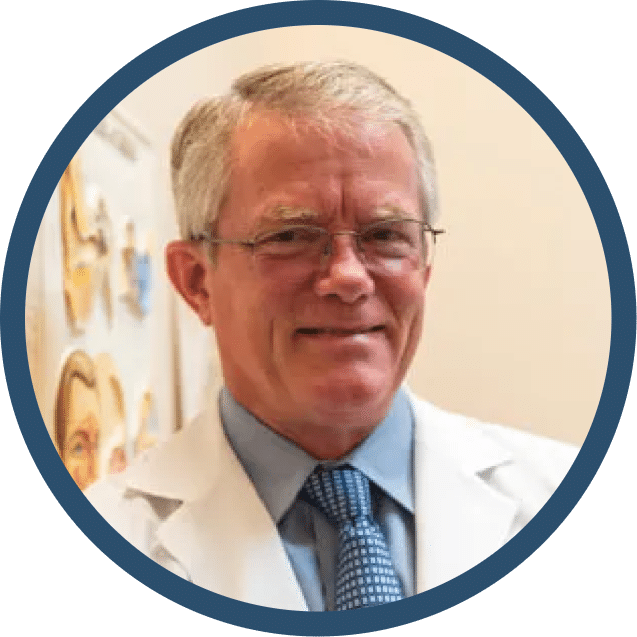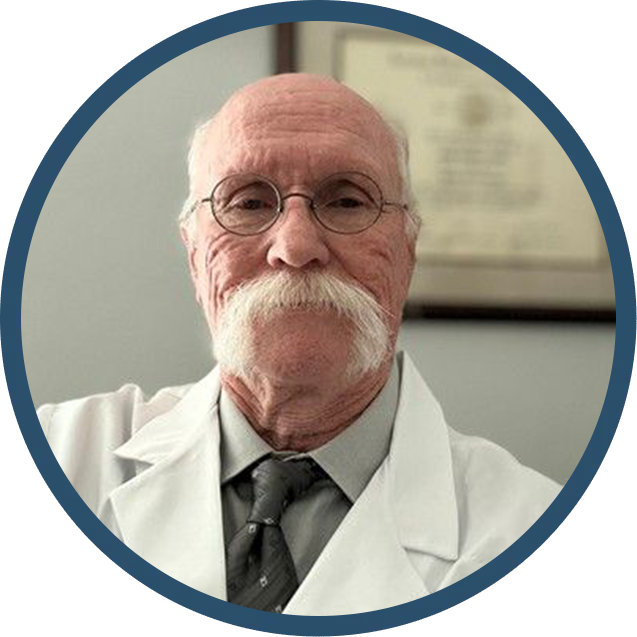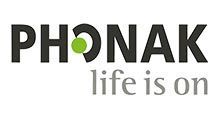Our Team
Chappell Hearing Care Centers

Kurt A. Chappell, B.B.A
Licensed Hearing Aid Dispenser
Director of Audiology | Owner
Kurt Chappell is a licensed Director of Audiology. He earned his BBA Management Degree at Southwest Texas State University in San Marcos, Texas. He has taught on the Texas State Board of Exams Hearing Aid Specialists.
In 1991, Kurt conducted research with an M.D. to develop the first invisible hearing aid. He undergoes continuous advanced training in digital hearing aids and remains current with rapid changes in hearing aid technology. He actively seeks out the newest hearing instruments to make them available to his patients. He is also an expert in tinnitus treatment.
Kurt has a passion for helping people hear better and he has been given the Outstanding Service Award by Resound for extraordinary service to his patients. He also provides hearing care services for less fortunate people in the community and throughout the world. Because of various outreaches, including Churches, the Texas Workforce Commission, and our own patients, Kurt is able to help hundreds.
He oversees our Annual Hearing Missions, providing the gift of hearing to hearing-impaired children and adults in countries worldwide including Columbia, Dominican Republic, Africa, Haiti, and locally. Thanks to donations from our patients, Signia Hearing Aid Manufacturing, Oaktree, and Metrix, these Hearing Missions are quite successful.
Kurt and his wife have five beautiful daughters and three grandkids. They are active members of New Faith Baptist Church in Aledo, Texas. Kurt loves raising Japanese Koi, gardening, and his two dogs.

John Cobb, AuD
Doctor of Audiology (Retired) – Consultant
After practicing for 45 years, I retired in 2021. I earned my Bachelor's and Master's Degrees from the University of Arizona and my Doctorate from the Arizona School of Health Sciences. I served in the US Navy and played in a rock band in the ’60s. As of June 2025, I have been married to my beautiful wife Emily (Sam) Cobb for 54 years. We have 2 adult children and 2 amazing grandsons. We were RV’ers for over 20 years and have been to 38 states. (Oh, we have 3 dogs.)
I was Coordinator of Audiology at The University of Texas Medical Branch in Galveston for 5 years, then worked with an Ear, Nose, and Throat Doctor in Ft Worth for 30 years, and after 10 years at an Audiology Center in Green Valley, Arizona, I retired.
I have a significant hearing loss in both ears (playing in a rock band didn’t help) and have worn hearing aids for over 30 years. Recently, Sam had been complaining that I wasn’t hearing her as well as in the past. So, I started searching for new hearing aids with updated technology, and this is how Kurt and Autumn Chappell came into my life. Kurt fit me with some amazing Signia hearing aids, and they asked if I would like to be an Audiology Consultant for their office. I said yes, and here I am.
Q&A With John Cobb, AuD
Doctor of Audiology, Consultant to Chappell Hearing
I’m 47 years old and work in an office with about 20 other people. I have been told that I need hearing aids. What can happen if I decide not to buy hearing aids? - Zane C.
That’s a good question, Zane. Untreated hearing loss (i.e., no medical intervention or hearing aids) can negatively impact income and employment. A study by the Hearing Health Foundation, done several years ago found that untreated hearing loss can “impact communications in the workplace, leading to reduced productivity and career advancement. Another study by Hearing Aid Health Care in 2016 found that “hearing aids can in fact, boost income, through enhanced work productivity.” So, Zane, if hearing aids have been recommended, you should look into a trial period of amplification.
This may be a weird question, but since Helen Keller was both deaf and blind, if she were alive today, what do you think she would rather have, sight or hearing? - Becky A.
Becky, Ms. Keller lost her vision and hearing when she was 19 months old from what doctors at that time described as “an acute congestion of the stomach and brain”. Later, as an adult, she was asked that same question. Her answer: “The problems of deafness are deeper and more complex, if not more important, than those of blindness. Deafness is a much worse misfortune. For it means the loss of the most vital stimulus—the sound of the voice that brings language, sets thoughts astir, and keeps us in the intellectual company of man.”
What happens if I get my hearing aids wet? Are they ruined? - Morgan C.
Morgan, most hearing aids have an IP65 rating. IP stands for International Protection Code. This tells how well an electronic device is protected against water and dust. The highest rating is IP69. So, most likely with an IP65 rating, there will be no damage to your hearing aids. Only suggestion I have: DO NOT PUT THEM IN THE MICROWAVE
I’ve had ringing in both ears for a long time. I’ve been told there is no cure for this. Is that true? - JD.
Yes, JD, that is true. There is no known cure for tinnitus (ringing in the ear). Do not believe the ads you might see on the back pages of some magazines. Do not waste your money on these so-called Tinnitus Cures. I have had tinnitus in both ears since playing in a rock band in the ’60s. I wanted to try one of these “cures,” so I ordered some tinnitus pills that were guaranteed to stop my ringing. Took them for 30 days as directed, and no relief from tinnitus, actually, a couple of days, my tinnitus was louder. There are, however, approved treatments for tinnitus. Ask Kurt about Masking Devices, and he will be glad to help.








Share On: